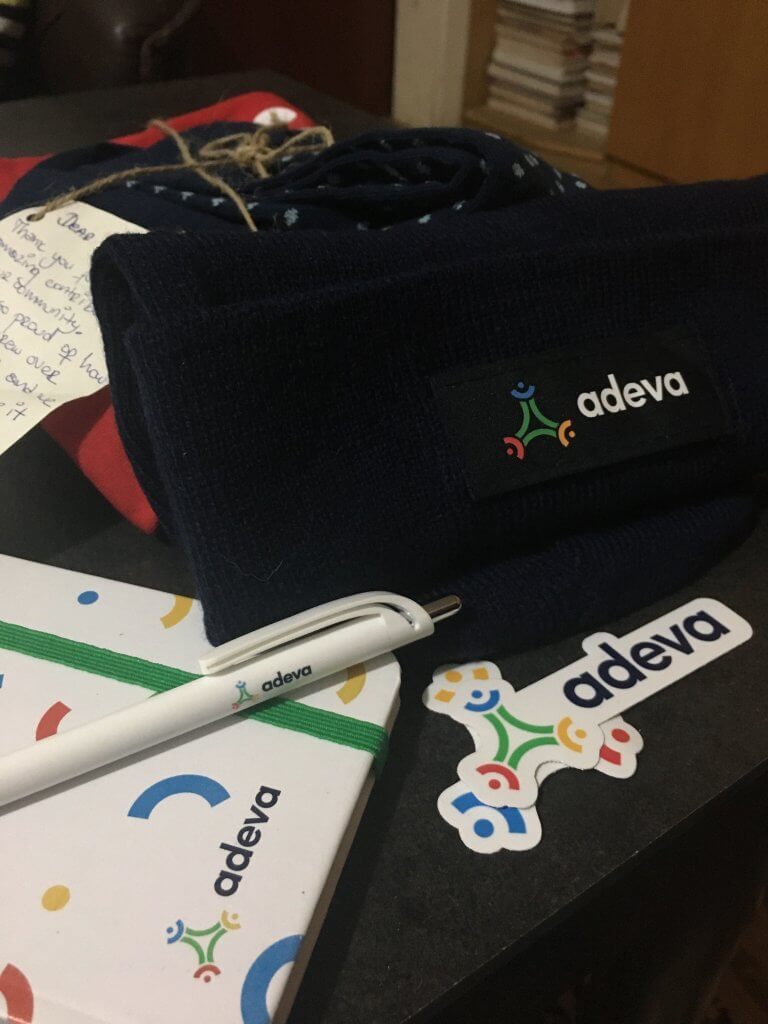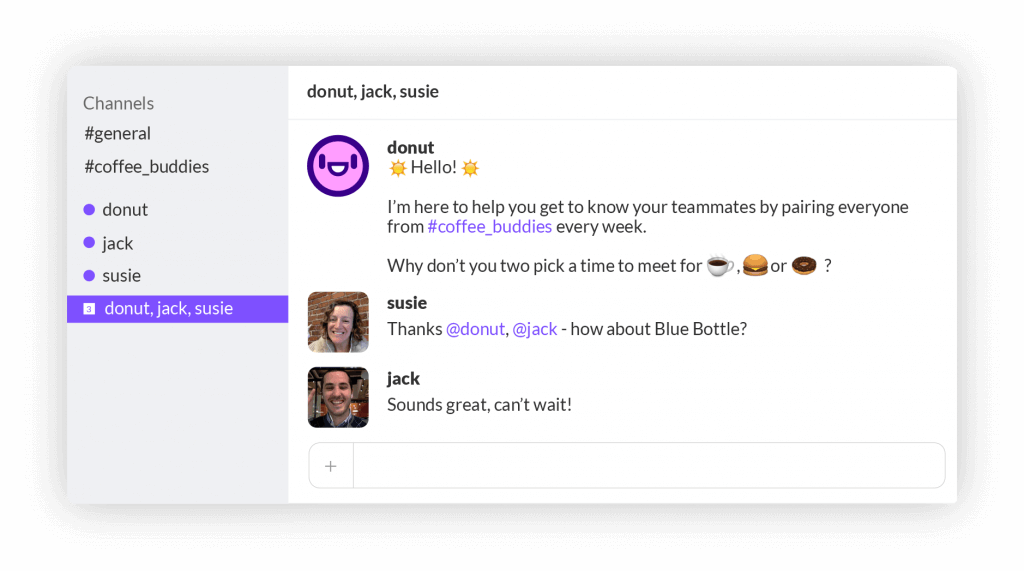When it comes to how to onboard new developers remotely, there's not a magical strategy you can put in place. Instead, it's a set of best practices that will help your new hire feel included, meet your company culture, and get up to speed with how work is performed.
In 2017, a young developer posted a query on Reddit on the computer science career questions subreddit. He intriguingly wrote: Accidentally destroyed the production database on the first day of a job, and was told to leave, on top of this I was told by the CTO that they need to get legal involved, how screwed am I?
Right after the story went viral, the tech news site The Register ran a poll asking who should be fired. A whopping 45% voted to fire the CTO.
The Reddit commenters were right; if a new employee can cause such chaos into your company, it's your fault and not his.
To be more precise, the main fault is in your employee onboarding process.
Studies show that organizations with a strong onboarding process improve new hire retention by 82% and productivity by over 70%.
When it comes to onboarding remote employees, the lack of in-person communication can make things even more challenging.
However, with the right best practices in place, you'll manage to equip the new developer with the knowledge and confidence they need to get started as a new team member and get them excited about their new position.
Here are step-by-step instructions for how to run a software developer onboarding process remotely and make them feel like a part of the team even before their first day of work:
Pre-Onboarding Checklist
Welcome the New Developer on Zoom
The first step of an effective software engineer onboarding process is to welcome the new hire to the team via an e-conferencing platform like Meet and Zoom.
They're probably anxious about their first day at work, and a Zoom call can be an excellent way for you to answer all their concerns.
During the call, inform the new hire of:
- their tasks for the first few weeks at work
- normal working hours
- their team
- your coding standards
- your expectations
- the communication and collaboration tools you'll be using
This way, you can easily share the developer onboarding documentation with them and make sure they understand it completely.
Help the Developer Learn About the Company Culture
Company culture is the "personality" of your company, so make sure you include that in your developer onboarding plan. It's your shared values, goals, attitudes, and practices. It would help if you got the new developer acquainted with your culture so that they can perform well and accelerate at their job.
To help them understand your company culture, share:
- Your digital employee handbook.
- Presentation on company values, mission, and vision.
- Videos from your all-hands meetings.
It can also help if the new developer attends a one-on-one meeting with someone from your company's leadership. Your CEO, for example, can talk about the history of the company, what are its long-term goals, the leading product/service of the company, etc.
Help Them With the HR Paperwork
Many developers want to start coding right away and wouldn't want to spend their first day signing HR documents. One way of getting HR paperwork out of the way is by sending it to the new hire for signing before the start date.
The new hire can sign employment contracts and other legal documents digitally by using e-signature tools like HelloSign and DocuSign.
Work Out Logistics
If you are sending the new hire computers and other equipment for their at-home working station, plan this beforehand. Order the equipment a few weeks before the developer's start date to ensure they get it on time.
Give Access to Your Tools and Software
You don't want your new hire to start their first day confused about how to enter the work systems. Get the technical stuff out of the way by sending them login details and invitations to access the company's project management systems, email, chat apps, learning management systems, etc.
Send Them a Welcome Package
Another optional item on your How to onboard new developers checklist is to send a welcome package. A welcome package can make the new developer feel like a part of the team.
Send the package before the new hire's first day of work and include:
- A welcome letter from the team or the CEO.
- Branded merchandise, such as T-shirts, coffee mugs, note pads, hats, etc.
- Personalized gifts like headphones, gift cards, books, etc.

First-Day Checklist
Share a New Hire Announcement
When you hire a software developer, they may lack the confidence to introduce themselves to the team. Make them feel welcome and excited by sending a new hire announcement.
A simple message on Slack in a #general channel will work just fine. By doing so, every team member will get the chance to say hello and send a welcome message to the new hire.
Along with sending the new developer's name, share a few fun facts about them as well:
- Where were they born and where do they live now?
- What do they enjoy doing in their free time?
- What's their role?
For example, you can say something like:
Let's wish a warm welcome to [name of employee]. She will be joining our company as a Shopify developer. She's a digital nomad currently based in Canggu who loves surfing and reading fantasy books.
Introducing them to everyone, along with sharing their interests, can be a fantastic way for remote members with shared interests to bond quickly.
Start by Giving Them Small, Non-Critical Tasks
Make sure the first task you assign the new developer is an easier task. For example, their task can be to develop a small, well-defined feature.
If they do it right, the achievement will build their confidence and make them more motivated at the job.
On the plus side, they'll experience the process of developing at your company, from code review to production deployment phases.
Another great idea is to try to reduce the stress and anxiety the developer may be feeling by assigning them tasks for the first few weeks on the job.
Set up Knowledge Sharing
To provide team members with the information they need to do their jobs effectively, you should set up knowledge sharing. One great way are wikis that contain everything a new employee will need to know in order to join a team.
From tool guides and contact lists to software tutorials and common bugs, document everything that requires step-by-step instructions to replace long employee orientation meetings.
First-Week Checklist
Arrange Weekly 1-on-1 Meetings
The new developer onboarding process doesn't stop in the next few weeks. There are still some things to work out, like building trust and confidence. Trust is a critical ingredient that has to exist from day one. When you're remote and don't have the chance to connect in person, one way of building trust is by arranging weekly one-on-one meetings between you and the new hire.
Use the time you have in these meetings to share feedback, discuss difficulties, celebrate milestones, and more.
Arrange Daily Check-in Meetings With the Tech Team
Daily check-in meetings should be another item on your developer onboarding checklist. You can sync up on what's done, what's happening that day, and the state of the project. The new developer will remain up-to-date with everything important that's happening on the team and feel more connected with other team members.
Assign a Buddy
A smart move would be to pair the new developer with a junior developer instead of a senior developer. Junior developers have recently gone through the onboarding experience and can provide better advice to the new hire.
Another idea is assigning a mentor to the new hire who will be their go-to person for everything work and culture-related for at least two months.
Instead of the junior developer fixing the new hire's problems for them, consider introducing pair programming sessions. Pair programming is an amazing opportunity to share knowledge and for developers to collaborate in solving a problem.
First-Month Checklist
Have Regular One-on-One Manager Meetings
Regular one-on-one meetings between you and the new hire are a great way to build trust, share feedback, and form a long-lasting relationship with the new developer.
Don't forget that the dev onboard process is still running, and it's important to ease the whole thing with regular checkups. Once per month, jump on a call to check whether they're integrating well within the company or facing any difficulties.
Make Room for Some Fun
We at Adeva like to keep things fun and use the Donut integration for Slack that randomly pairs people across the company. On a regular basis (bi-monthly), Donut will select people from our pairing channel and encourage them to schedule a video call or talk about something cool in their private Slack channel.
Team-building activities help our employees feel comfortable with each other to share jokes and opinions.

Collect Feedback
Providing feedback for software developers is a critical part of every manager-employee relationship. At the same time, hearing what your software developer has to say about you is equally important.
Your remote developer onboarding process may be good, but it may not be perfect. To continually improve it, make sure you ask for feedback. Ask them whether they felt confused or frustrated at some stage of the onboarding process. Hopefully, you'll manage to identify major bottlenecks and add more support at those stages.
Finally
Take the new developer through all of these stages to ensure they don't accidentally destroy the production database on the first day.
Equip them with the tools they need to do their jobs well, assign them their tasks for the first few weeks, and collect feedback to continually improve your onboarding process.
Don't forget to focus on human interaction and the relationship-building aspect of work. Make your new developers feel included, respected, and supported to grow and thrive.
Good luck!


